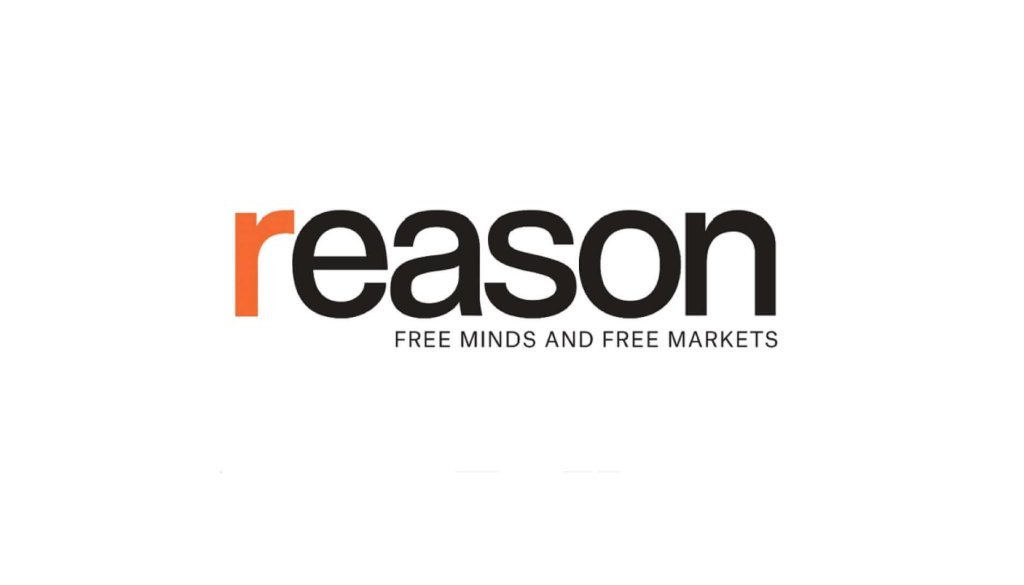Neither Trump Nor The A.P. Controls Our Words
The Associated Press recently won in court, challenging President Donald Trump’s decision to exclude the news organization from the White House press pool. The dispute began over the president’s renaming of the Gulf of Mexico to the Gulf of America and the A.P.’s refusal to fully adopt the renaming in its style guide.
U.S. District Judge Trevor McFadden—a Trump appointee—ruled that the president’s unconstitutional actions amounted to viewpoint discrimination by the government. “The Court simply holds that under the First Amendment, if the Government opens its doors to some journalists—be it to the Oval Office, the East Room, or elsewhere—it cannot then shut those doors to other journalists because of their viewpoints,” wrote McFadden in his decision. “The Constitution requires no less.”
Before this decision, Julie Pace, the A.P.’s executive editor and senior vice president, encouraged Americans to look at the big picture. “For anyone who thinks the Associated Press’s lawsuit against President Trump’s White House is about the name of a body of water, think bigger,” wrote Pace in The Wall Street Journal. “It’s really about whether the government can control what you say.”
Pace is spot-on. Americans shouldn’t lose sight of the big picture: The principles of free speech—codified by the First Amendment—protect individuals from an onerous, censorial government seeking to control what words citizens use.
But this debate is bigger than overly spray-tanned authoritarians and fussy grammarians duking it out in court.
Even Trump’s War on the Media Has Its Limits
Trump’s legal dispute with the A.P. is just one episode in his ongoing war against journalism, an institution he has called “the enemy of the people.”
Though he often decries the “weaponization” of the judicial system, the president rarely passes up the opportunity to use lawfare as his go-to cudgel. Over the past three decades, Trump has been involved in more than 3,500 legal battles in federal and state courts, according to one report. In 2023 alone, Trump sued 20 media organizations. “The consistent theme is his willingness to use the court system, even as a public figure and a public official, to silence people, to force them to correct statements, to just generally make them uncomfortable,” Kevin Goldberg, vice president at Freedom Forum, a free speech organization, told Axios.
And this litigious strategy has, for the most part, paid off for him.
In March 2024, Trump sued ABC News for George Stephanopoulos’s questions directed at Rep. Nancy Mace (R–S.C.) about her support for a president found “liable for rape by a jury.” (Technically, Trump was found liable for sexual abuse, not rape.) In December 2024, ABC settled a defamation lawsuit filed by Trump, agreeing to pay $15 million to his presidential library and $1 million in legal fees.
Trump also filed a $20 billion lawsuit against CBS News’ parent company, Paramount Global, for a 60 Minutes interview with former Vice President Kamala Harris. The president claimed video editors deceptively edited the footage, calling the segment a “news distortion” and accusing the show of engaging in “partisan and unlawful acts of election and voter interference.” In addition to the suit against Paramount, the Trump administration has pursued a parallel Federal Communications Commission (FCC) investigation into how 60 Minutes edited the Harris interview.
But Trump’s authority, especially over the media, is far from limitless.
Concerned about the partisan tables turning in the future, a coalition of center-right organizations—including the Center for Individual Freedom, Americans for Tax Reform, and Taxpayers Protection Alliance—encouraged the Trump administration to stop the FCC investigation of CBS
Article from Reason.com

The Reason Magazine website is a go-to destination for libertarians seeking cogent analysis, investigative reporting, and thought-provoking commentary. Championing the principles of individual freedom, limited government, and free markets, the site offers a diverse range of articles, videos, and podcasts that challenge conventional wisdom and advocate for libertarian solutions. Whether you’re interested in politics, culture, or technology, Reason provides a unique lens that prioritizes liberty and rational discourse. It’s an essential resource for those who value critical thinking and nuanced debate in the pursuit of a freer society.




